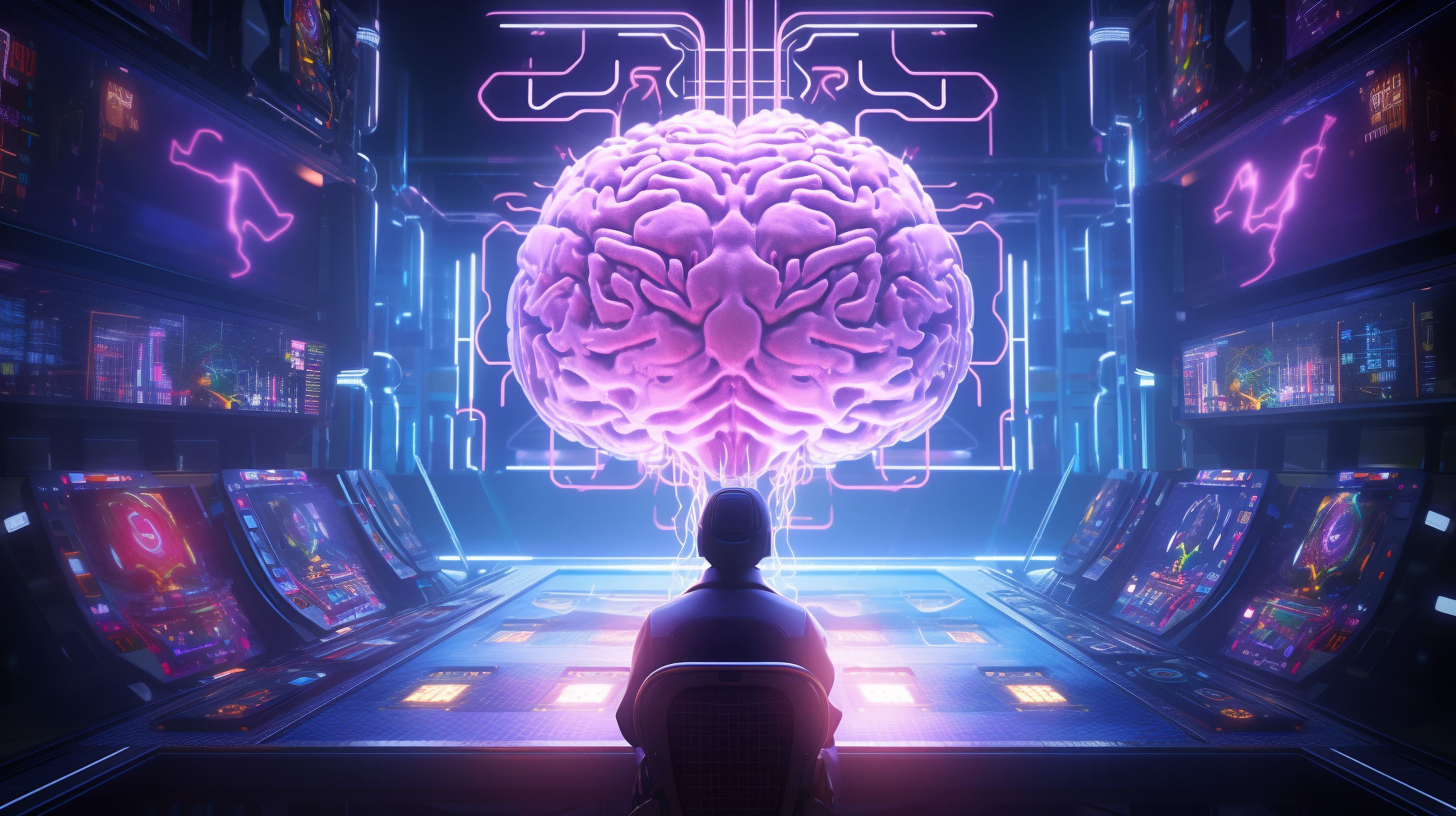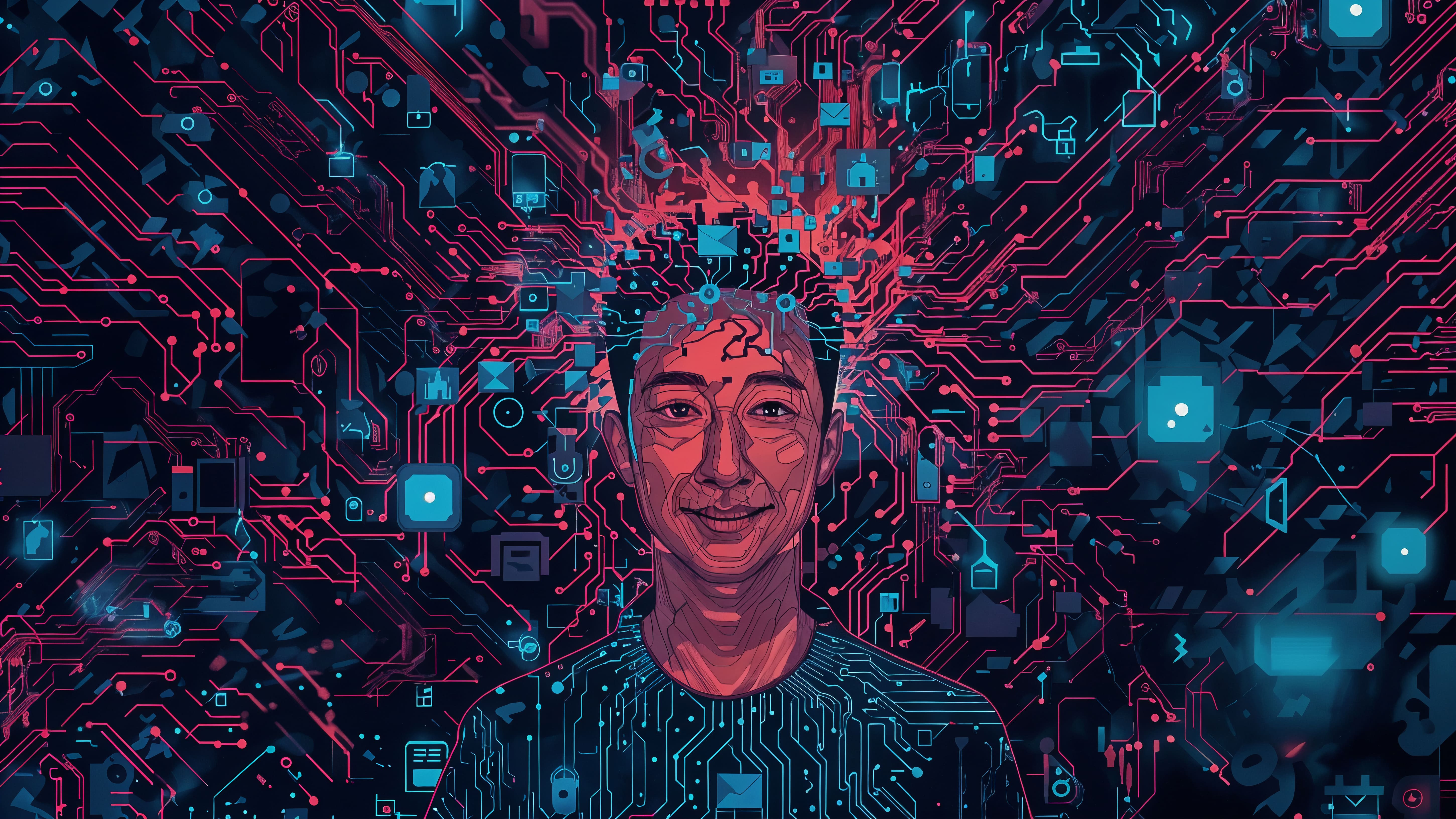 SITASRM ENGINEERING & RESEARCH INSTITUTE
SITASRM ENGINEERING & RESEARCH INSTITUTE
 SITASRM ENGINEERING
SITASRM ENGINEERING & RESEARCH INSTITUTE

SITASRM ENGINEERING & RESEARCH INSTITUTE
Menu
Navigating the Moral Maze: Understanding AI Ethics

Introduction
The rapid advancement of AI ethics has ushered in an era of unprecedented technological capabilities, promising to revolutionize industries and reshape our daily lives. From self-driving cars to medical diagnoses, artificial intelligence is no longer a futuristic fantasy but a tangible reality. However, this powerful technology is not without its challenges, particularly in the realm of AI ethics. As AI systems become more integrated into the fabric of our society, understanding and addressing the ethical use of AI becomes paramount.
The core of AI ethics lies in ensuring that the development and deployment of artificial intelligence align with human values, rights, and societal well-being. This is a complex undertaking, fraught with nuanced dilemmas. Consider, for instance, the use of AI in criminal justice. While algorithms can potentially analyze vast datasets to predict crime patterns, concerns arise about inherent AI bias in the data, which could disproportionately target specific communities. This highlights the critical need for AI governance to establish guidelines and regulations that mitigate such risks.
The Pillars of Ethical AI
Several key principles underpin AI ethics:
Fairness and Non-discrimination: AI systems should treat all individuals and groups equitably, without perpetuating or amplifying existing societal biases. Achieving AI fairness requires careful attention to the data used to train these systems and rigorous testing for discriminatory outcomes.
Transparency and Explainability: Understanding how AI systems arrive at their decisions is crucial for building trust and accountability. While some advanced AI models operate as "black boxes," efforts are underway to enhance AI transparency and develop methods for AI explainability. This is particularly important in high-stakes applications like healthcare.
Privacy and Security: The development and deployment of AI often rely on vast amounts of data, raising significant AI and data ethics concerns. Protecting individuals' privacy and ensuring the security of their data are fundamental ethical imperatives.
Accountability and Responsibility: As AI systems become more autonomous, determining accountability for their actions becomes increasingly complex. Establishing clear lines of responsibility is essential for addressing harm caused by AI.
Ethical Implications Across Sectors
The ethical considerations surrounding AI vary across different sectors:
- AI in Education Ethics: The use of AI in education, such as personalized learning platforms and automated grading systems, offers exciting possibilities. However, ethical questions arise regarding data privacy of students, the potential for algorithmic bias in educational assessments, and the impact on the role of human educators.
- AI in Healthcare Ethics: AI is transforming healthcare through applications like disease diagnosis, drug discovery, and personalized treatment plans. However, the ethical use of AI in this sensitive domain necessitates careful consideration of patient privacy, data security, and the potential for algorithmic bias to affect healthcare outcomes. A 2023 study published in The Lancet Digital Health found that while AI algorithms can improve diagnostic accuracy in certain areas, they can also perpetuate existing health disparities if not developed and validated with diverse datasets.
- AI and Data Ethics: The lifeblood of AI is data. The collection, storage, and use of this data raise profound AI and data ethics questions. Issues such as informed consent, data security breaches, and the potential for misuse of personal information must be carefully addressed. The European Union's General Data Protection Regulation (GDPR) serves as a significant example of AI governance aimed at protecting individuals' data rights.
The Path Forward: Fostering Responsible AI
Moving forward, fostering Responsible AI requires a multi-faceted approach involving researchers, policymakers, industry leaders, and the public. This includes:
- Developing ethical frameworks and guidelines for AI development and deployment.
- Investing in research to address issues like AI bias and enhance AI transparency and AI explainability.
- Establishing clear regulatory frameworks and standards for AI governance.
- Promoting public awareness and education about AI ethics and its implications.
As stated by Sundar Pichai, CEO of Google, "AI is one of the most profound things humanity is working on – more profound than fire or electricity or the internet." This powerful technology holds immense potential, but realizing its benefits while mitigating its risks requires a steadfast commitment to AI ethics. By proactively addressing the moral maze presented by artificial intelligence, we can ensure a future where AI ethics guides innovation for the betterment of all. The ongoing dialogue and development in the field of AI ethics are crucial to navigating this complex landscape responsibly.
To Conclude,
This blog post has explored the critical importance of AI ethics, highlighting key principles like fairness, transparency, and data privacy, and their implications across various sectors. As a forward-thinking institution, SITASRM INSTITUTE OF MANAGEMENT & TECHNOLOGY (SERI) is committed to preparing a new generation of professionals who are not only technically proficient but also ethically aware.
Our curriculum and vision are deeply aligned with the principles of Responsible AI. By focusing on holistic development and ethical values, the institution ensures that students are equipped with both cutting-edge technical skills in AI and Machine Learning and the moral compass required to apply them for the greater good. Through a dedicated focus on industry-aligned learning, SERI integrates concepts of AI governance and AI in education ethics into its programs.
This prepares students to become leaders who can design, develop, and deploy AI solutions that are innovative, sustainable, and socially responsible. We are commited to bridging the gap between academia and industry; also means that students are trained to navigate the real-world ethical challenges they will face in their careers.















































